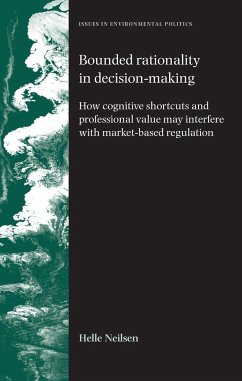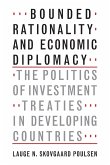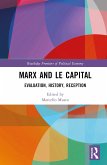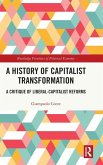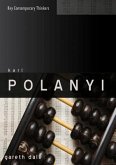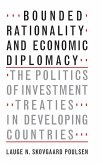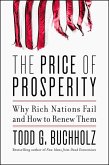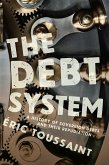Challenging standard economic models, this book shows how farmers tend to use cognitive shortcuts in their decision-making and how their professional pride frequently outweighs profit considerations. This indicates that environmental regulation based on economic incentives may not be as effective as economic theorists and ex ante policy analysts maintain. Rather than assuming that regulations respond to incentive-based policies, this book examines the ways in which they do. Bounded rationality in decision-making has typically been studied in a laboratory setting, but this book uses original empirical research to demonstrate how bounded rationality plays out in the real world, examining the responses of Danish farmers to fertiliser regulation and their decision-making processes. The book will be of interest to a broad range of scholars within the fields of public policy, public administration, political science, behavioural economics and sociology.
Hinweis: Dieser Artikel kann nur an eine deutsche Lieferadresse ausgeliefert werden.
Hinweis: Dieser Artikel kann nur an eine deutsche Lieferadresse ausgeliefert werden.

